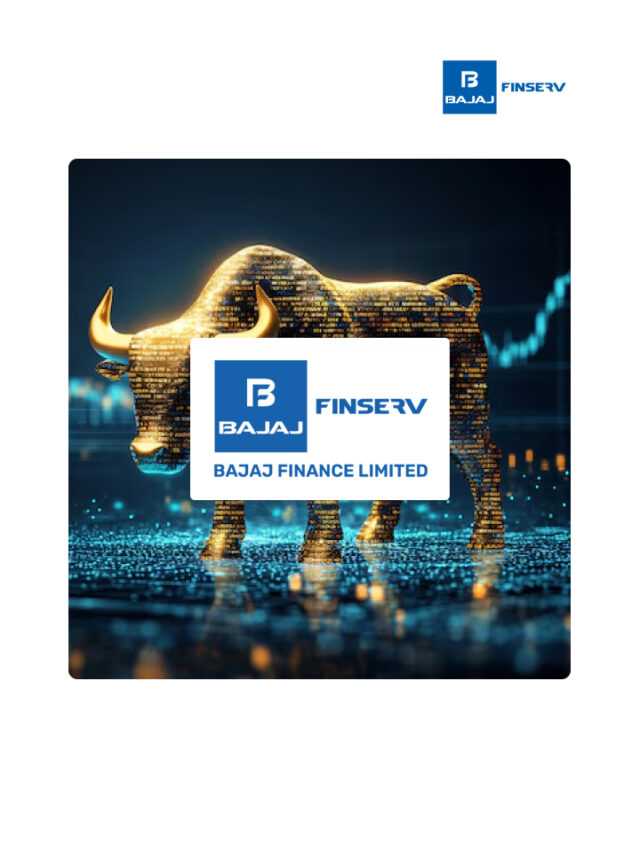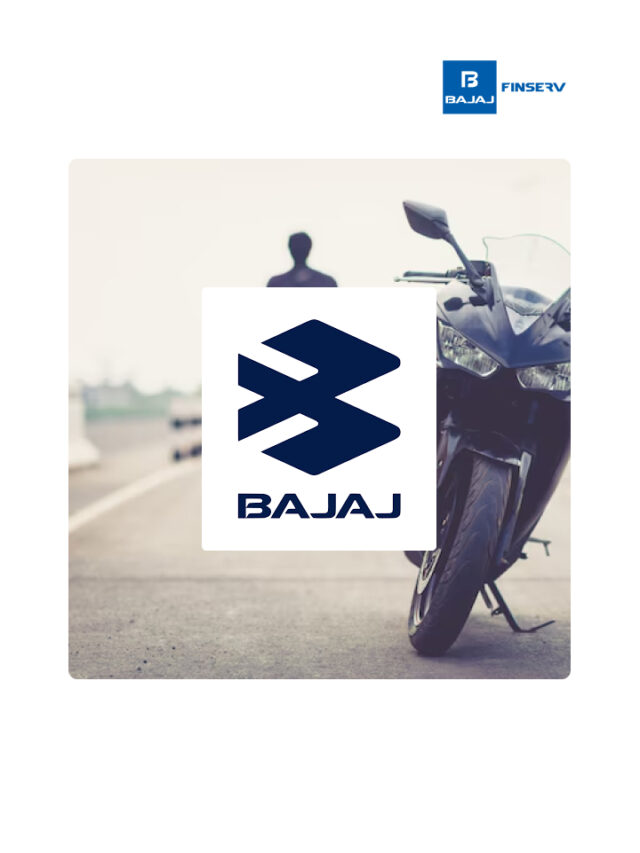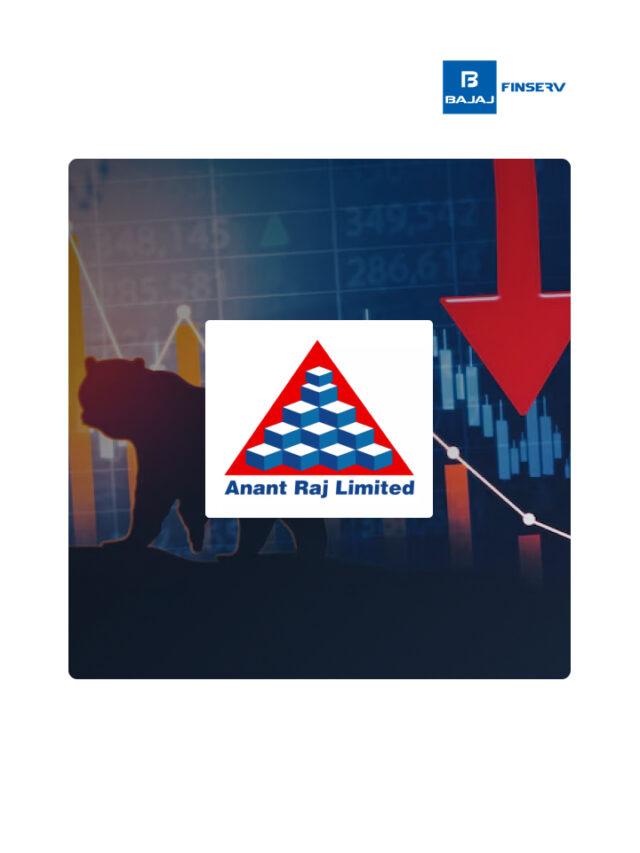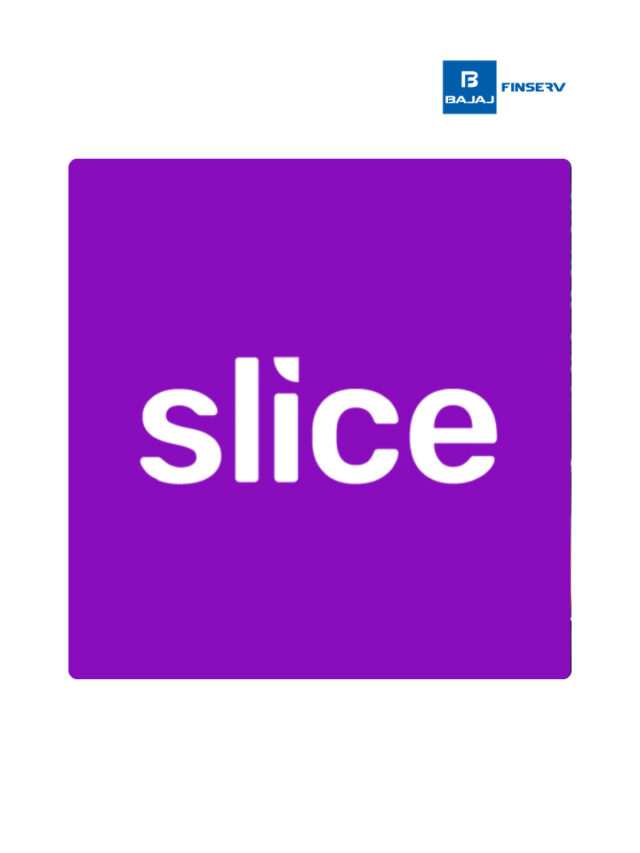What is a CDSL Demat Account?
Last Updated on December 26, 2023 by BFSLTeam BFSLTeam

A demat account is an electronic account that’s used to safely and securely store digitised securities such as equity shares, debentures, bonds and mutual fund units, among others. In India, there are two depositories offering demat accounts – Central Depository Services Limited (CDSL) and National Securities Depository Limited (NSDL).
Despite there being two depositories, CDSL demat accounts far out number NSDL demat accounts. Want to know more about the CDSL demat account and its features? Continue reading to find out. But before you learn what a CDSL demat account is, you should first try to understand the concept of a depository and its role in the Indian financial markets.
Table of Content [hide]
What is a Depository?
A depository is an entity that offers demat accounts to investors. Investors can use the demat accounts of depositories to electronically store a wide range of securities, safely and securely. The depositories are designed to be a bridge between the investors and the companies issuing the securities.
Functions of a Depository
A depository has several functions and responsibilities. Here’s a quick overview of some of the key functions of the entity.
- Opening and maintenance of demat accounts
- Conversion of physical securities into electronic securities (dematerialisation)
- Conversion of electronic securities back into physical securities (rematerialisation)
- Electronic transfers of securities
- Settlement of trades executed via the stock exchange
- Distribution of non-cash dividends like bonus shares
Additional Read: Role of Depositories in Demat Account
What is CDSL?
As you’ve already learnt, CDSL is the acronym for Central Depository Services Limited. It is one of the two active depositories in India. Although CDSL was incorporated in the year 1999 and is the second depository to have been established, it currently has the most active demat accounts in the country as of May 31, 2023.
What is a CDSL Demat Account?
A demat account that you open with the Central Depository Services Limited is termed a CDSL demat account. With this account, you can hold the securities purchased via the primary market – Initial Public Offerings (IPOs) and New Fund Offers (NFOs) or via the secondary market – stock exchanges.
Every individual CDSL demat account has a unique 16-digit number assigned to it for identification purposes. You can also use this number to log into your demat account via the CDSL EASIEST (Electronic Access to Securities Information `and Execution of Secured Transactions) portal.
Additional Read: Income Tax Implications on Demat Account
Features and Benefits of CDSL Demat Account
Now that you know the meaning of a CDSL demat account, here are a few of its key features.
Quick and Easy Access to Your Investments
One of the many crucial features of a CDSL demat account is that it can give you instant access to all of your securities anytime and from anywhere in the world. All you need to do is use the EASIEST portal of the depository to log into your account. Once you’re logged in, you can view all of your investments in one place and get your CDSL demat account details.
Single-Point Login
Since there’s no restriction on the number of demat accounts that you can hold, you can choose to have more than one demat account to your name. So, if you hold multiple CDSL demat accounts, you can access all of them via a single login.
Off-Market Electronic Transfer of Securities
CDSL demat accounts allow you to electronically transfer securities to other CDSL or NSDL demat accounts without the involvement of stock exchanges. All you need to do is log into the CDSL EASIEST portal, enter the details of the securities that you wish to transfer and the details of the transferee demat account.
You will be asked to authenticate the transfer via an OTP sent to your registered phone number and email ID. Once the authentication is complete, the securities will be instantly transferred to the intended demat account.
Maximum Safety and Security
CDSL demat accounts offer the maximum possible safety to your securities. As long as you keep your user credentials confidential, your investments cannot be accessed by anyone other than yourself. Moreover, all of the transactions are encrypted and protected from unauthorised access.
Consolidated Account Statement (CAS)
CDSL regularly sends its demat account holders a Consolidated Account Statement (CAS). The CAS is a document that contains comprehensive details regarding all of the transactions that you’ve made through the stock exchanges. It even contains details of off-market transfers of securities and non-cash corporate actions such as bonus issues and stock splits as well.
Additional Read: How Does a Demat Account Work?
How to Open a CDSL Demat Account?
Contrary to popular opinion, you cannot open a CDSL demat account directly with the depository itself. Instead, you will have to go through an entity known as the Depository Participant (DP). The depository participant is an entity that acts as an intermediary between the investor and the depository.
Since most stockbrokers in India are also depository participants, all you need to do is get in touch with a reputed broker of your choice to open a trading and demat account. To get a list of depository participants registered with the Central Depository Services Limited, simply visit the official website of CDSL and click on the ‘List of CDSL DPs’ option under the ‘Depository Participants’ link available on the homepage.
Then, select the city in which you reside from the drop-down list and click ‘Go’. The list of depository participants available in your city will be displayed in alphabetical order. To get more information regarding a DP, simply click on their name. You will be redirected to a new webpage where you can get details such as their DP ID, address, phone number, email ID and the various fees and charges levied by them.
Additional Read: Eligibility Criteria to Open Demat Account
Conclusion
With this, you should now be aware of what a CDSL demat account is. Now, before you go ahead and initiate the account opening process, make sure to compare the various fees and charges levied by the depository participants and choose the most cost-effective one. However, you should also keep in mind that reputation and experience are also major factors that you need to consider before choosing a DP.
Disclaimer: Investments in the securities market are subject to market risk, read all related documents carefully before investing.
This content is for educational purposes only.










